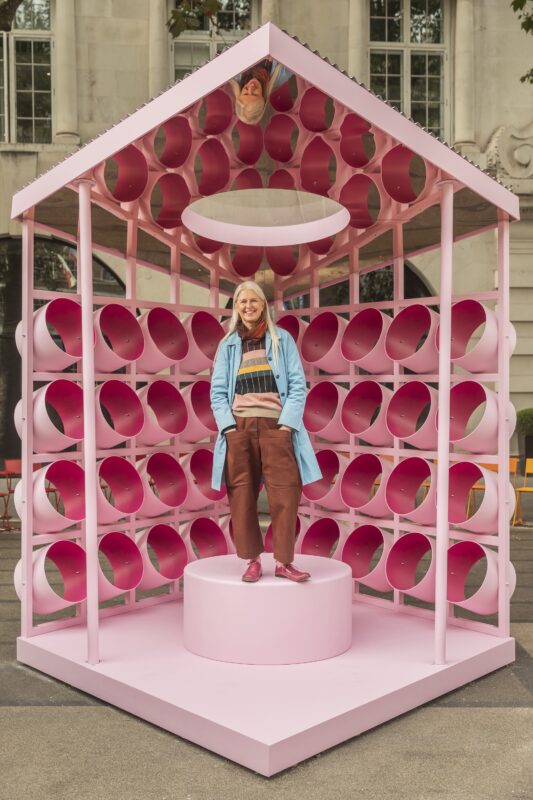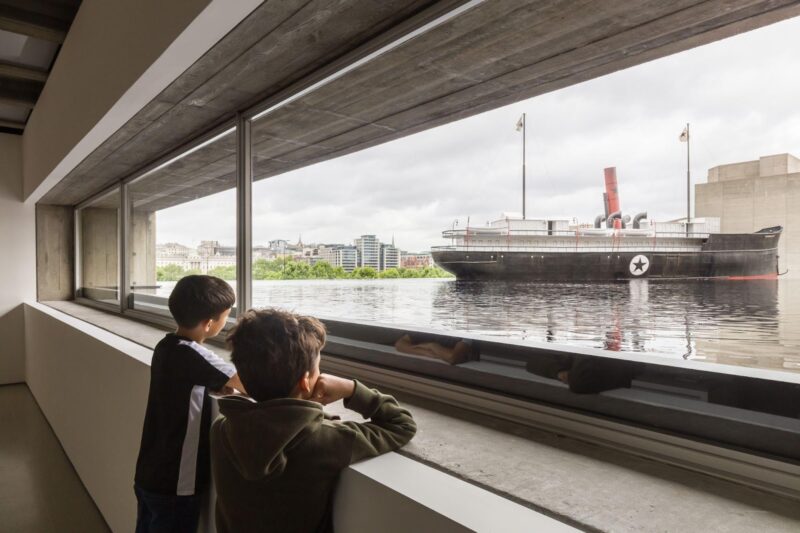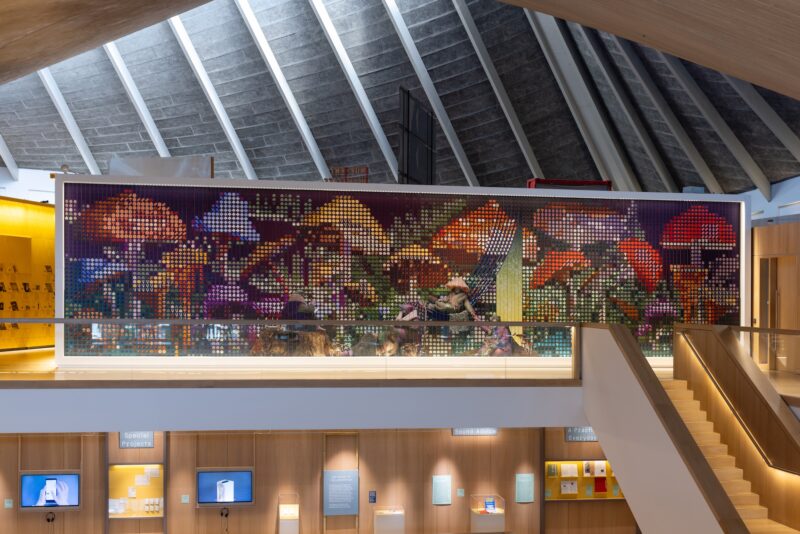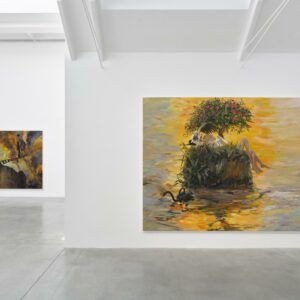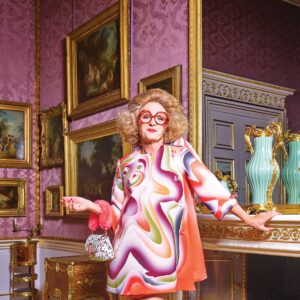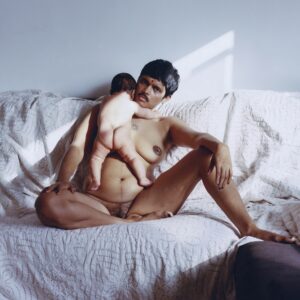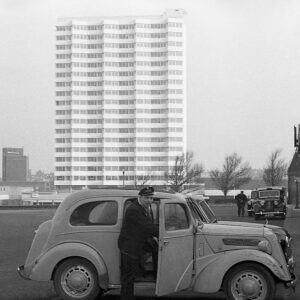Barbie exhibition opens at the Design Museum in London today unveiling the dolls, dresses and Dreamhouses inside its major Barbie exhibition.
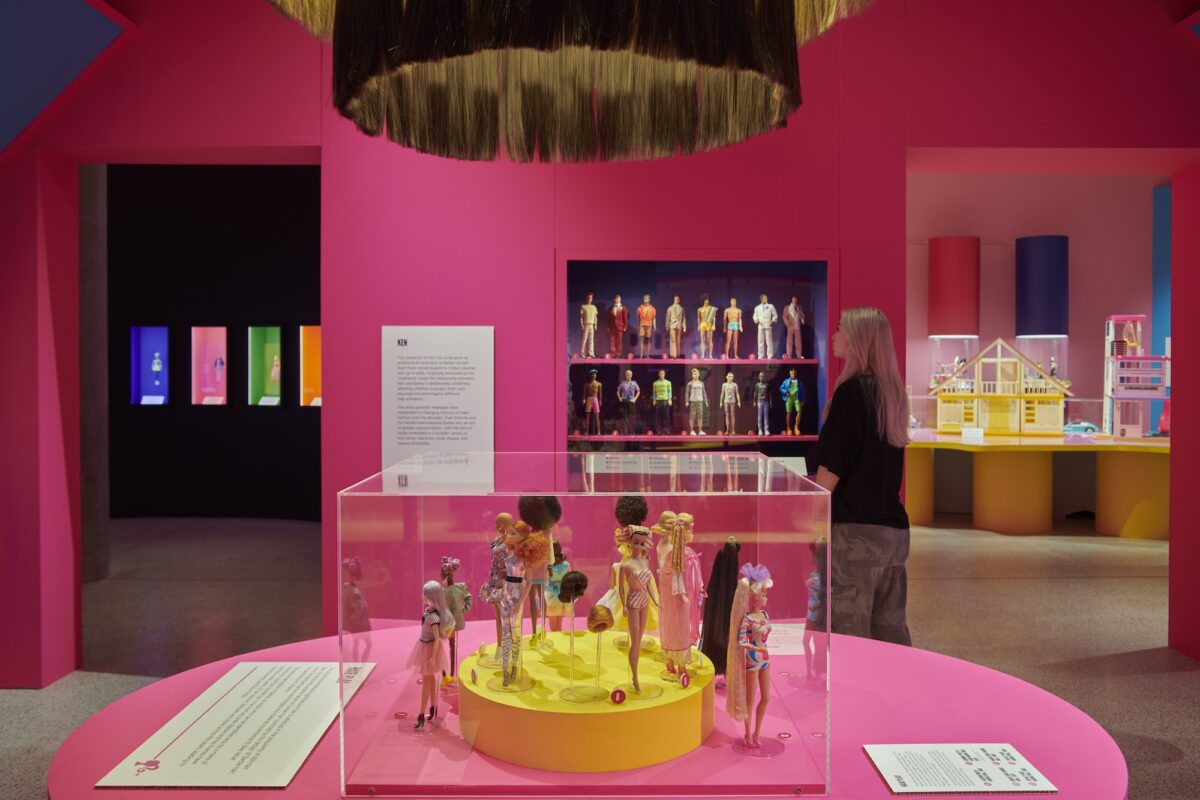
Design has been at the heart of Barbie’s story ever since her creation 65 years ago. And as we’ve seen recently, her impact has also evolved with each new generation. Visitors to our timely exhibition will come face-to-face with some of the most important and recognisable iterations of Barbie from across the past six-and-a-half decades, and we hope it will be a joyful, fascinating, inspiring, illuminating and even perhaps nostalgic experience for generations of Barbie fans.
Tim Marlow, Director and CEO of the Design Museum
Opening to mark the 65th anniversary of the Barbie brand, Barbie: The Exhibition — in partnership with Mattel, features over 180 remarkable dolls, with rare, unique and innovative Barbie dolls and accessories amongst the highlights.
You will come face-to-face with important and distinctive dolls, from the first Barbie to ‘move’ to the first Barbie to ‘talk’, as well as a vast selection of others that have been a part of the Barbie universe and have made an impact on culture throughout the decades.
The exhibition explores Barbie’s changing appearance in relation to evolving cultural shifts around diversity and representation. It presents exclusive, behind-the-scenes insights into Mattel’s design processes, and offers a detailed exploration of the Barbie doll as a technically and materially innovative creation.

The dolls are showcased alongside a vast array of other items and accessories from the universe of Barbie, displayed together in a stunning exhibition landscape designed by Sam Jacob Studio. Over 250 pieces are on show in total, dating from 1959 to the present day, and collectively charting 65 years of design evolution of the world’s most famous doll.
Highlights include some of the most recognisable and best-selling dolls, including the ‘surfer girl’ Sunset Malibu Barbie from 1971 and which was one of the most popular of the decade, and the ground-breaking Day to Night Barbie from 1985 that was designed to reflect the workplace revolution for women in the 1980s, and which saw Barbie’s work-attire pink suit transform into a chic evening gown. There’s also two examples of 1992’s Totally Hair Barbie, the best-selling Barbie of all time which has sold over 10 million across the globe.

There are examples of the first Black, Hispanic and Asian dolls to bear the Barbie name on display, as well as dolls that reflect today’s diverse, multicultural society. These include the first Barbie with Down syndrome, the first to use a wheelchair, and the first to be designed with a ‘curvy’ body shape.
Special dolls on show also include a unique prototype of the very first Talking Barbie (launched in 1968), which is one of several rare items borrowed directly from the Mattel headquarters archives in Los Angeles. This prototype has a transparent torso, intended to display the doll’s voice mechanism — activated by a pull-string — to prospective wholesalers and toy buyers.
Many friends of Barbie are also displayed, including her first friend Midge, the much-loved Christie and Teresa, as well as the younger sister of Barbie, Skipper.
There’s also a section dedicated to Ken, which will see six decades’ worth of Ken dolls charting his evolution from his introduction in 1961.
First edition Barbie
Another major highlight of the exhibition is the first object that visitors will encounter as they enter the Design Museum’s gallery: one of the earliest first edition Barbie dolls.
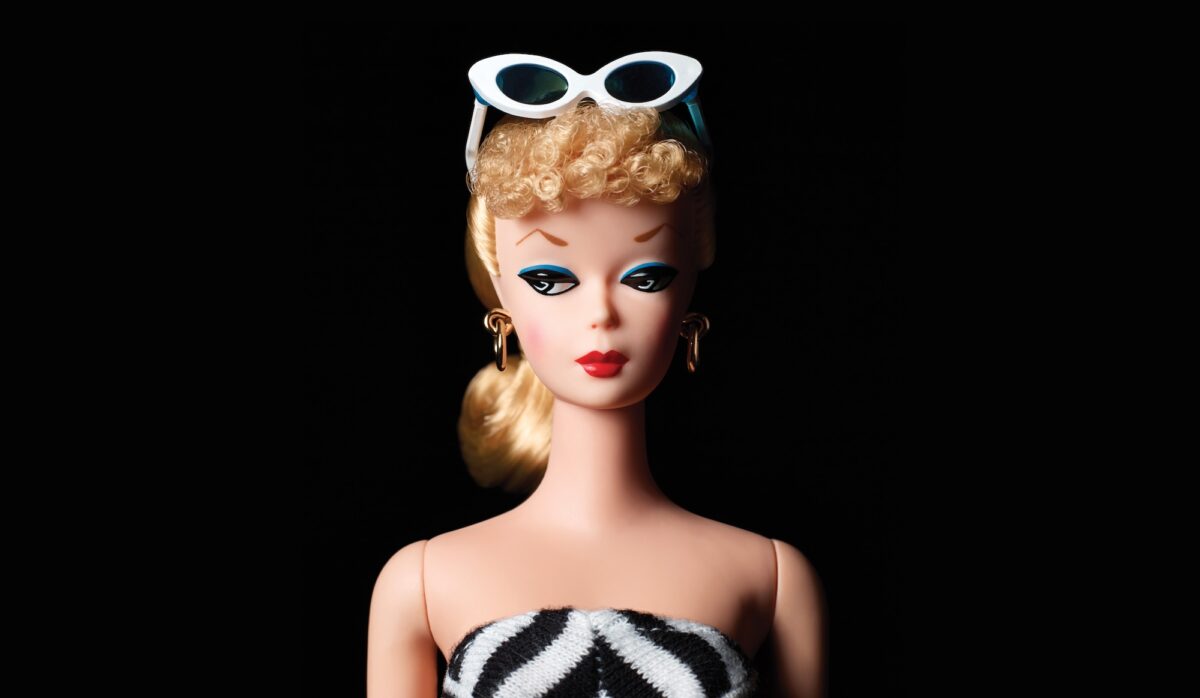
The doll — known by collectors as the ‘Number 1 Barbie’ as it was the very first model released by Mattel in 1959 — is now extremely sought after.
Hand-painted and featuring Barbie in a black-and-white bathing suit, the doll on display is an especially rare first edition that features holes in Barbie’s feet where it would have been fixed to a stand.
The Design Museum has acquired this Number 1 doll for its collection. Purchased with the support of the Conran Foundation, it’s thought that this example is now the oldest Barbie doll in a museum collection in the UK.
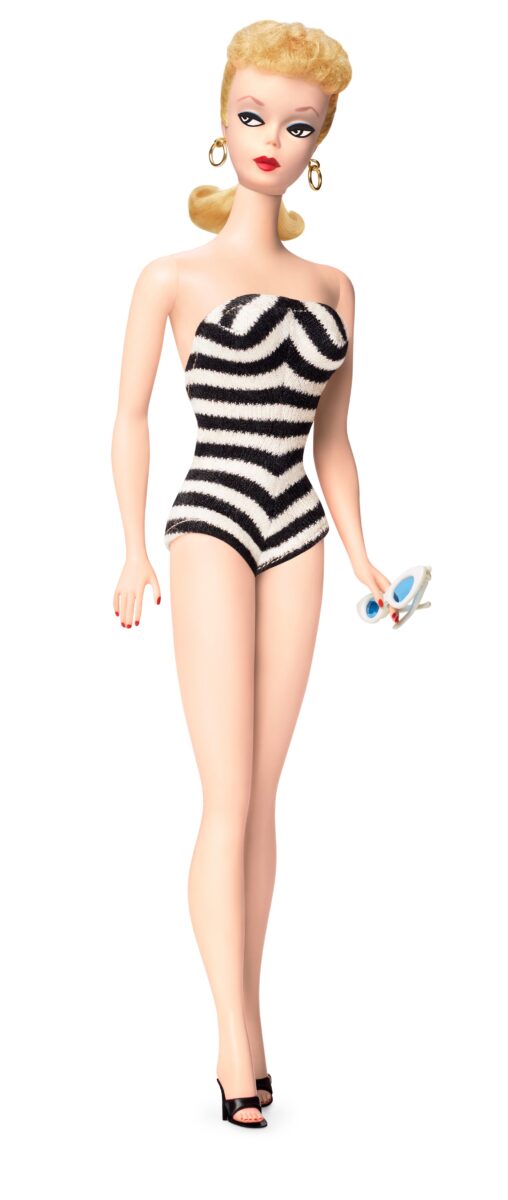
Visitors will see the very first Barbie in close-up alongside archival footage of the first Barbie TV commercial (also from 1959), and this introductory section will offer an insight into the production and marketing of the doll — showing how Barbie ‘the doll’ soon developed into Barbie ‘the brand’.
Samantha Cristoforetti Barbie
The exhibition also includes the very first public display of a unique Barbie doll that has been into space. The doll spent six months orbiting the Earth on the International Space Station in 2022 as part of a landmark mission.
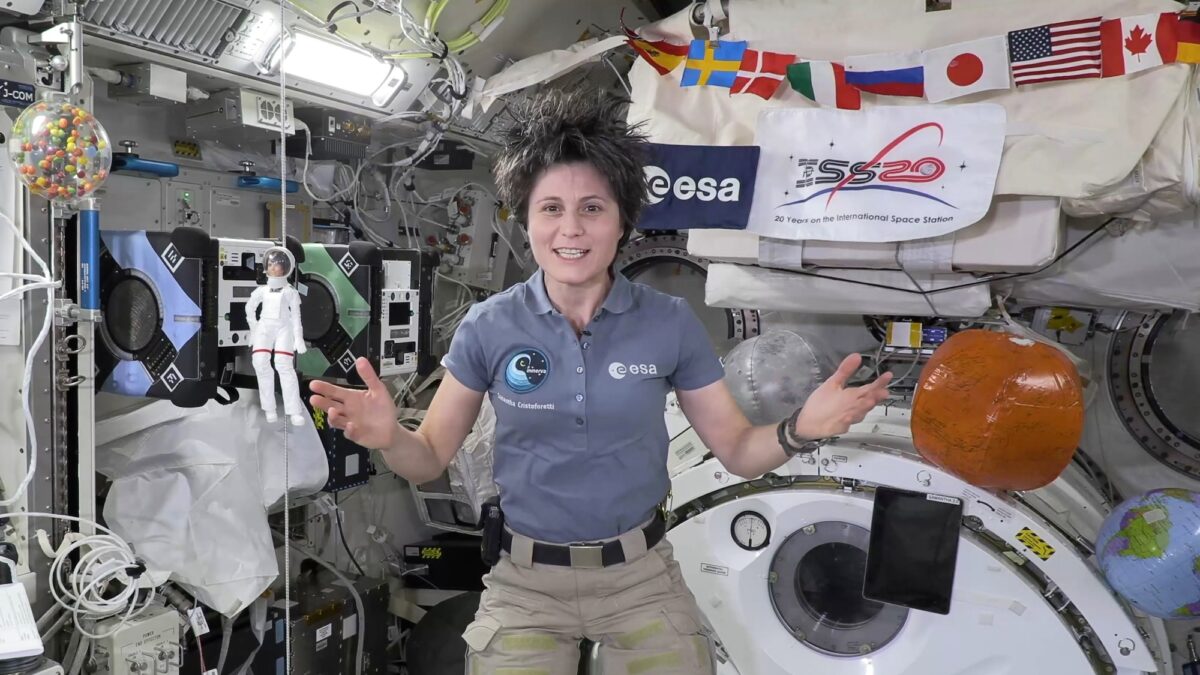
The Barbie is a likeness of European Space Agency (ESA) astronaut and Europe’s first female commander of the International Space Station, Samantha Cristoforetti. Cristoforetti blasted off with her lookalike Barbie in April 2022 on a 170-day mission to the space station which also saw Cristoforetti make history as the first European woman to complete a spacewalk.
While in orbit and accompanied by her doll, she answered questions from five young girls as part of Barbie and the ESA’s joint mission to encourage girls to become the next generation of astronauts, engineers and scientists. Video footage of these conversations — with both Samantha and Barbie floating in zero gravity — will be shown in the exhibition alongside the doll.
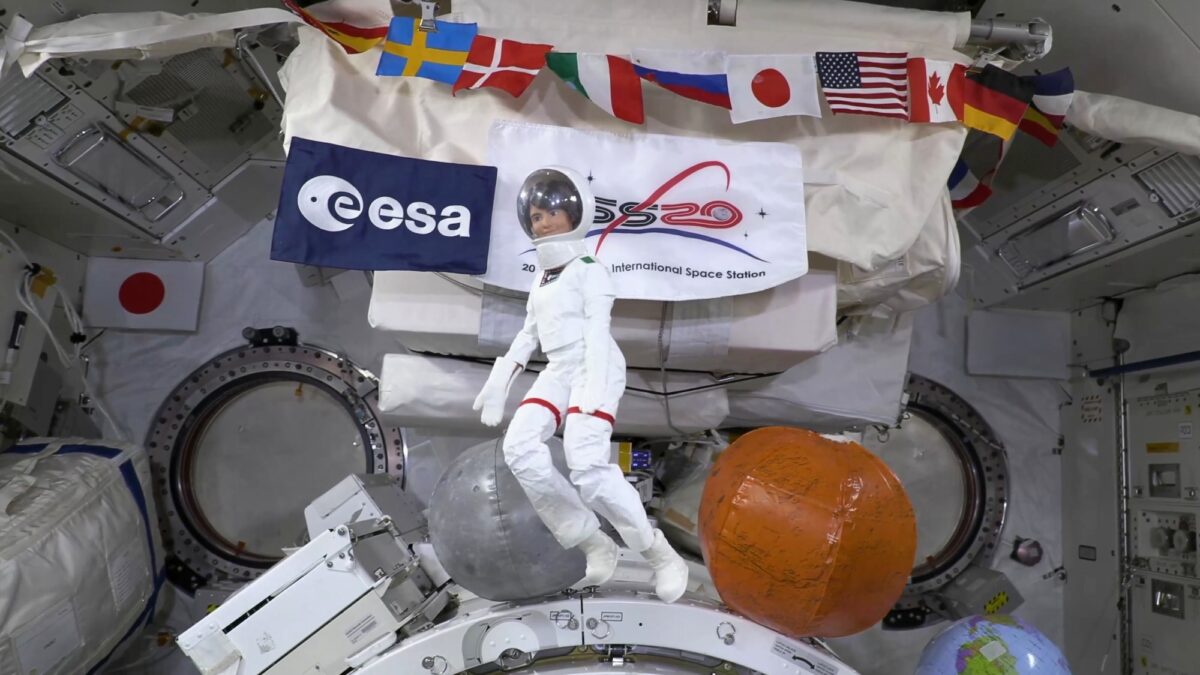
The Cristoforetti doll has never been displayed since its return to Earth. It comes to London on loan from the European Space Agency, and its inclusion in the Design Museum’s Barbie exhibition marks the latest chapter in Barbie’s association with space travel, which will be highlighted in the show.
The Barbie universe
Barbie®: The Exhibition is an expansive journey into the Barbie universe. It shows how it has been shaped since her creation by a huge variety of playsets, vehicles, houses and other accessories which collectively have helped ‘design’ the universe in which she exists. A rare example of the first-ever Barbie Dreamhouse — released in 1962, made from cardboard and sporting the distinctly modernist design of its era — is among the Barbie homes on show.

You will also be able to see examples of Barbie’s vehicles, such as her first car (also from 1962) and her first campervan (from 1971), alongside a whole range of other ‘locations’ — from ski cabins to space stations. Together these items show how Barbie and her accompanying accessories have always reflected the tastes and trends of the day, and how they have engaged with modern design in an aspirational but accessible way.

You will also be able to see the influence of major designers and architects — from Florence Knoll to Frank Gehry — on the Barbie universe, as well as the significance of various mainstream trends and big retailers.

Barbie and fashion
Fashion is a significant theme running through the show. Across the exhibition, there are dozens of original Barbie outfits which both highlight Barbie’s origins as a fashion doll, and her impact on the wider history of modern dress. This includes outfits such as ‘Poodle Parade’ (1965) — a life-size replica of which was worn by Billie Eilish when she performed at the 2024 Grammy Awards in February — and a 1985 outfit by Oscar de la Renta, the first of many designer collaborations with the brand.
Visitors can trace the changing silhouettes of mainstream fashion over the last 65 years through the exhibition, and they will see the influence of designers — from Claire McCardell and Christian Dior, to Nolan Miller and Zac Posen — on Barbie fashion choices.
The final section of the show spotlights the enduring role Barbie has as a pop culture icon, looking at her impact on design in all its forms, from fashion to film, as well as the Barbie brand’s forays into social advocacy. This section also includes an original costume worn by Margot Robbie in the 2023 movie Barbie, as well as other items that explore Barbie’s status as a cultural figurehead.
Barbie®: The Exhibition is the first time a major UK museum has held a major show dedicated to Barbie. It’s been made possible through a partnership with Mattel Inc, allowing the Design Museum to draw on Mattel’s Barbie archives in California for a number of key loans, as well as utilising the expertise of Mattel’s brand historians and archivists.
The Barbie universe is expansive and exciting, and it’s thanks to the meticulous work of talented designers over the past 65 years. Barbie is arguably one of the most globally recognised examples of world-building through product and graphic design, and in turn she has inspired many designers and artists to respond to her history. The design story of Barbie is a rich topic for our museum to put under the spotlight.
Danielle Thom, Curator of Barbie®: The Exhibition at the Design Museum,
Barbie®: The Exhibition 5th July 2024 – 23rd February 2025, the Design Museum

